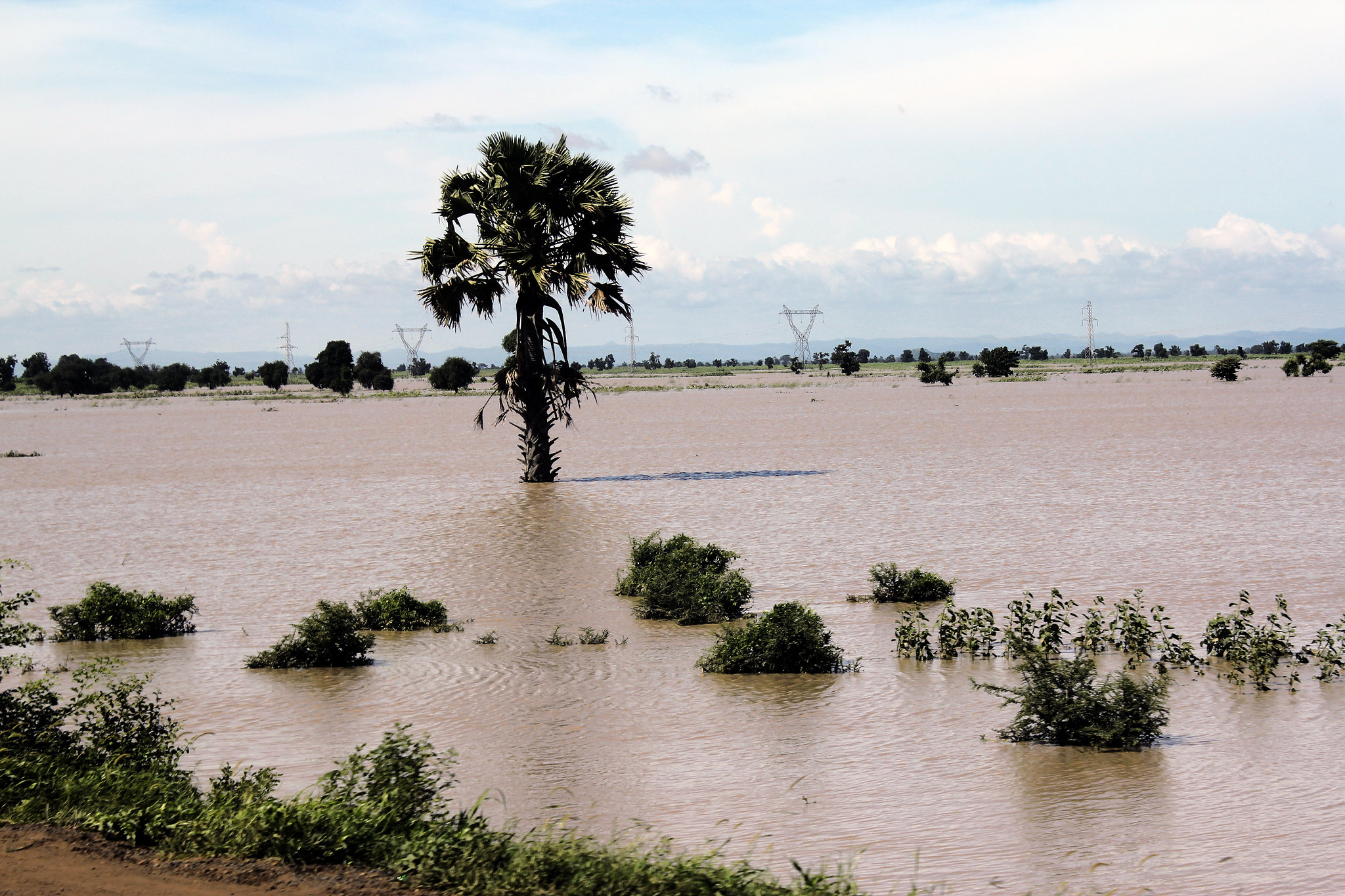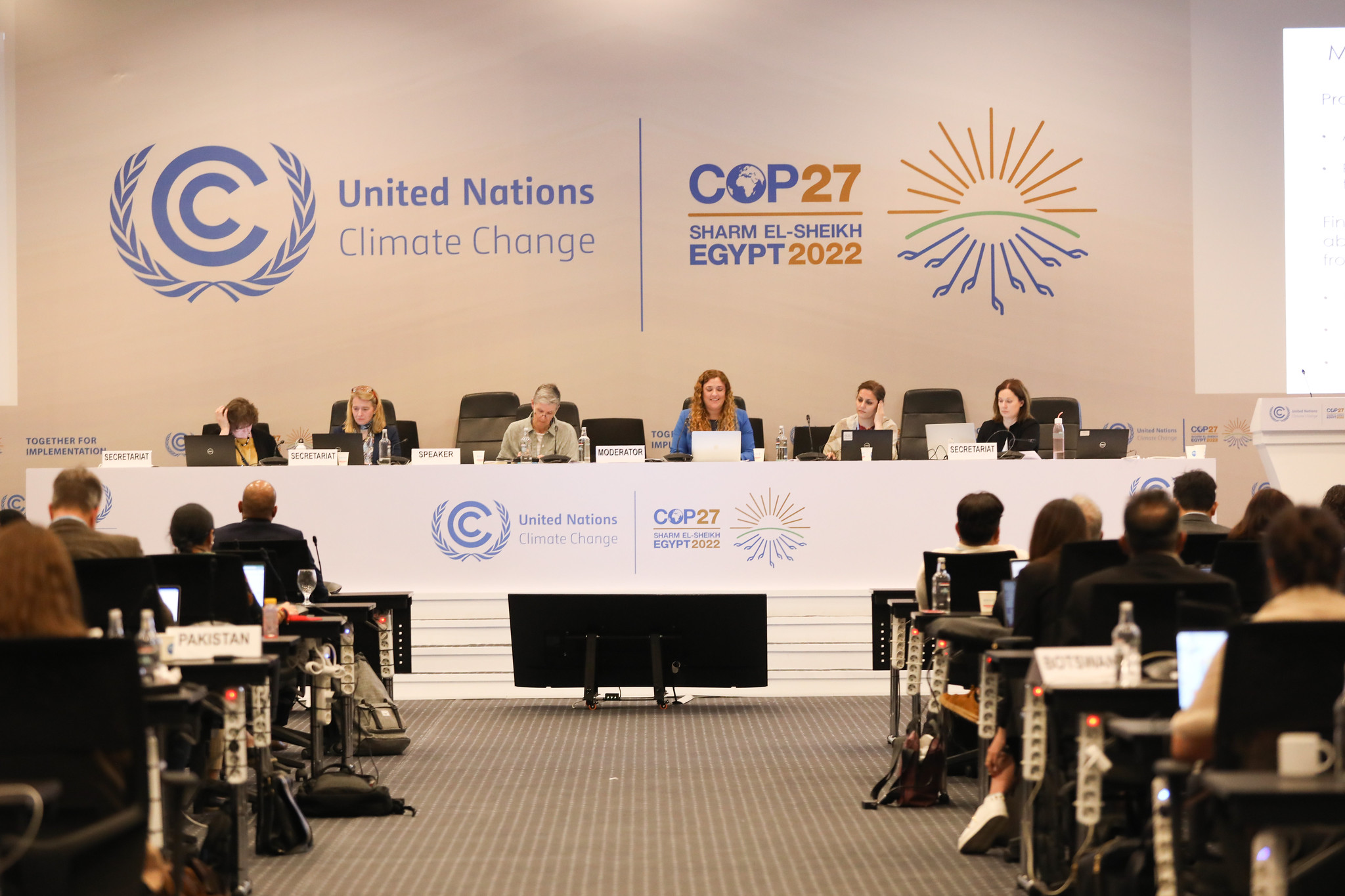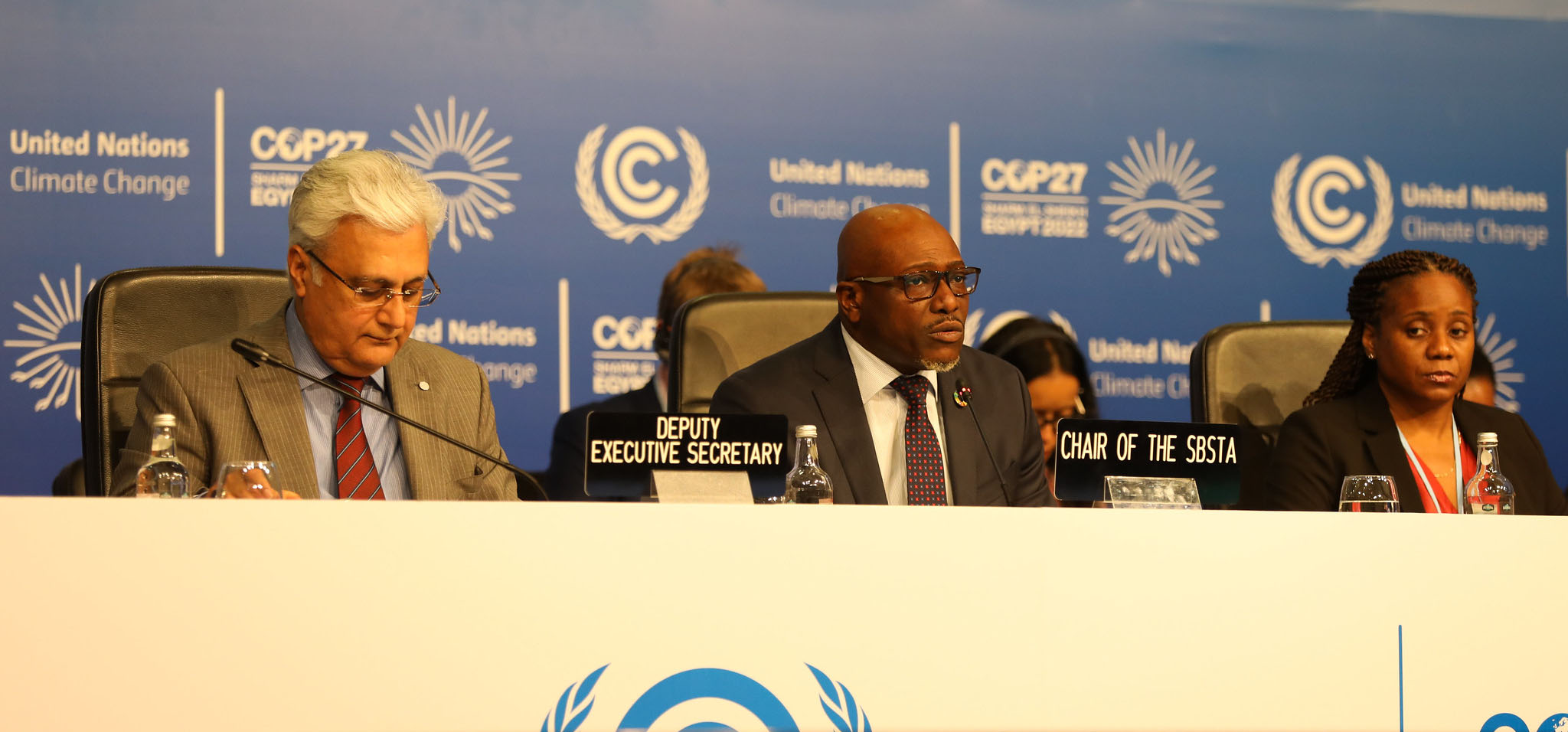Countries are increasingly using carbon border adjustment mechanisms to address the risks of carbon leakage. However, such measures will have disproportionate effects on developing countries, including those in Africa write Paul R. Baker, David Vanzetti, Taahirah Zahraa Boodhoo Beeharry and Ria Roy.
Many countries have started to push more ambitious climate policies. This includes the tightening of environmental reporting and standards for companies based in their country. This has raised a concern about carbon leakage. This is when a company moves its business away from countries with strict emission standards to those with more lenient laws. The result is potentially an increase in global greenhouse gas emissions, even if the emissions of the country with ambitious climate policies fall.
To reduce the incentives for businesses to go in search of more carbon friendly policies, many countries are considering the adoption of carbon border adjustment mechanisms (CBAMs). Through CBAMs, countries impose a levy on the carbon dioxide emissions of imported products to ensure an equilibrium of environmental credentials for both domestic and imported goods. Due to the make up of African economies, a 1 per cent rise in exports leads to a 7.2 per cent rise in CO2 emissions on the continent
While CBAMs are a potential game-changer in addressing global emissions, they pose numerous challenges for developing countries. Given Africa’s reliance on emission-heavy industries, CBAMs will undermine African exports to key markets.
A decline in Africa’s trade runs the risk of hindering the diffusion and transfer of decarbonising technology, allowing for the continuation of carbon-intensive production, and thereby hindering Africa’s ability to adapt and mitigate the risks that arise from climate change.
Global interest in CBAMs
The European Union, United Kingdom, United States, Canada and Japan are all considering implementing CBAMS. The EU, which is in the most advanced stage of implementation, argues that its CBAM represents an opportunity to protect the climate, industries, and jobs in one piece of legislation. The EU aims to launch the transitional phase starting in October 2023, which is expected to last for three years. After that, all importers will be required to purchase CBAM certificates based on the EU’s carbon trading scheme to account for the carbon in their products. Based on the EU’s impact assessment, its CBAM will reduce carbon leakage by 29 per cent.
In its current iteration, the EU’s CBAM will apply to imports of iron and steel, aluminium, cement, electricity, fertilisers and hydrogen. These sectors are associated with high emissions in Africa. For instance, the production of cement, which accounts for 8 per cent of annual global CO2 emissions, is responsible for approximately 32 per cent of all manufacturing emissions on the African continent.
Impacts on African exports and industry
The EU is a major destination for African exports, 31.1 per cent of all African exports in 2021, equivalent to around £223 billion, went to the bloc. Exports to the proposed CBAM markets of Canada, Japan, the UK, and the US represented an additional 12.4 per cent of Africa’s total exports in 2021. Taken together, all five markets account for 43.5 per cent of Africa’s total exports. Nearly £15.2 billion worth of African exports would be subject to carbon border taxes if CBAMs were to be applied to the five sectors initially identified by the EU, potentially making them less competitive.

CBAMs will potentially have huge ramifications for the continent. If the US and Western European countries impose a $100 carbon tax, the resulting loss of trade will decrease government funds for welfare across the continent by more than $1.9 billion, with South Africa absorbing the largest hit, estimated at nearly $1.6 billion. But such a carbon tax is also estimated to reduce carbon emissions in South Africa by nearly 2.2 per cent.
Devising an African response
As CBAMs inch closer to reality, African countries need to devise a strategy to respond to the economic challenges and risks. One approach would be to prioritise compliance. Domestic carbon taxes can help mitigate the vulnerability of African countries to international laws as well as provide revenue for countries to fund the transition to a low-carbon economy. However, when introducing such carbon pricing mechanisms, African countries should aim for equivalence with international CBAMs, otherwise they will still be required to pay carbon taxes on exports.
Another approach to mitigate the impacts of CBAM on their economies would be for African governments to improve the business climate to attract greater investment in green technologies. One way to do this would be for African countries to adopt international standards and guidelines in measuring CO2 emissions. This will ensure that private sector entities can systematically report on their CO2 emissions. Coordination with key trading partners will also be crucial in this regard to ensure that different carbon pricing mechanisms remain compatible. Harmonising emissions reporting guidelines will facilitate the processes of ensuring equivalence and minimise delays and risks of additional trade costs. If countries need to prioritise their exports over emissions, African countries can look towards other markets for their CBAM-impacted exports, especially to India and China.
Finally, African countries can leverage pan-African initiatives like the AfCFTA to advocate for their interests in global carbon pricing discussions and negotiate for exemptions or preferential rates. These can help African countries reduce the impact of CBAMs on their exports and economies and position themselves for a low-carbon future.
Photo credit: Dave Cherry used with permission CC BY-SA 2.0





